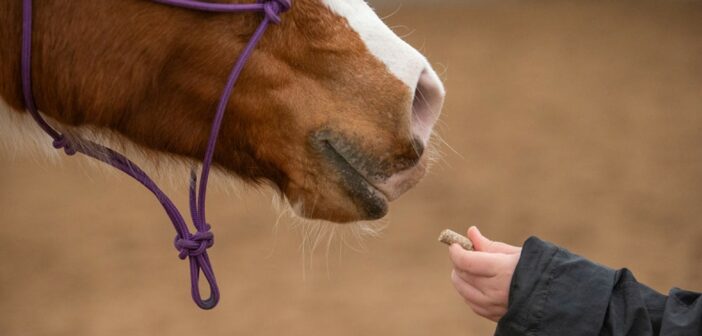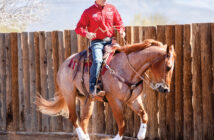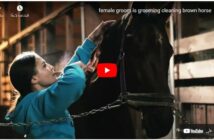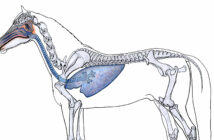by Al Badia,
Digestive organs in the horse play a vital role in breaking down and extracting nutrients from the food they consume. The horse’s digestive system is unique and well-suited for its herbivorous diet, primarily consisting of grasses and forage.
The process begins in the horse’s mouth, where they use their strong teeth and powerful jaws to grind food into smaller particles. Saliva mixes with the chewed food, initiating the digestive enzymes’ action.
From there, the partially digested food travels through the esophagus into the horse’s stomach. Unlike humans, horses have relatively small stomachs, which are susceptible to digestive issues like ulcers. To alleviate this, horses should have access to forage consistently.
The small intestine is where the majority of nutrient absorption occurs. Horses possess a well-developed cecum, which ferments fibrous materials. The cecum is a key component of their hindgut fermentation process, allowing them to extract additional nutrients from plant matter.
The large intestine, including the colon and rectum, further aids in nutrient absorption and water reabsorption. It is a vital part of the horse’s digestive system, ensuring efficient digestion and absorption of nutrients, while also managing waste removal.
Maintaining the health of these digestive organs is crucial for the horse’s overall well-being and performance. Proper nutrition, regular dental care, and a consistent feeding routine are essential to support their unique digestive processes.





